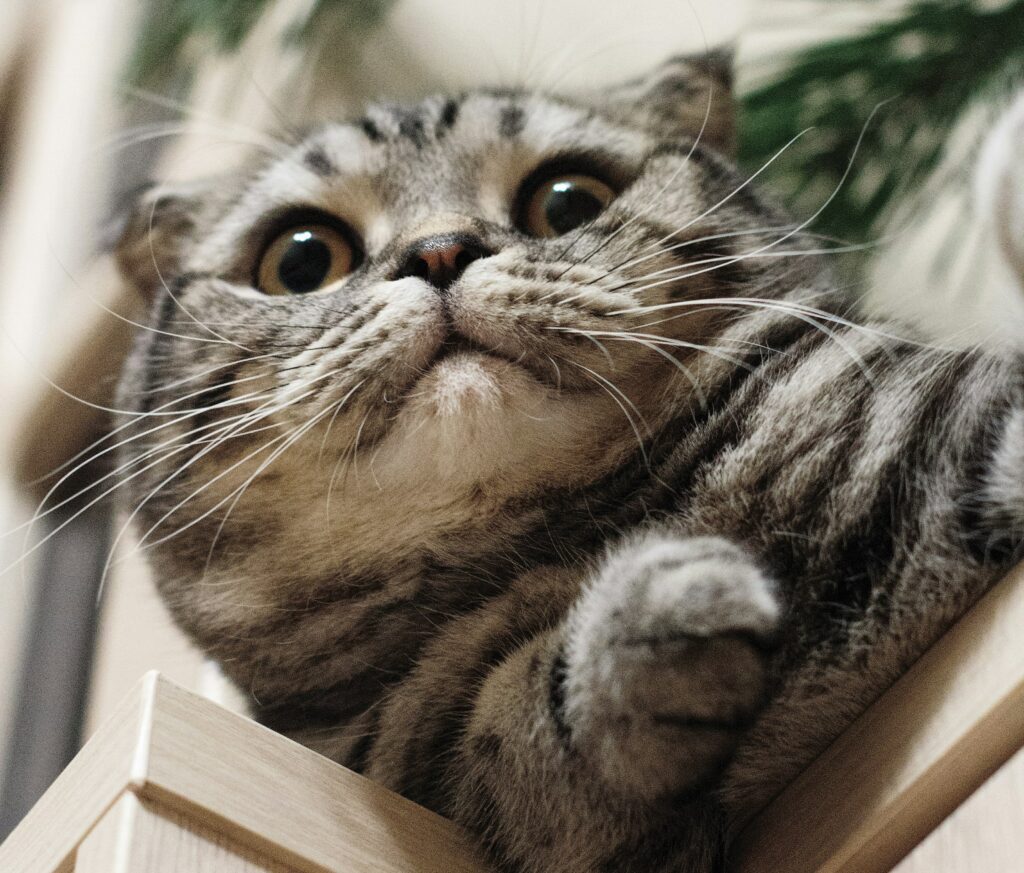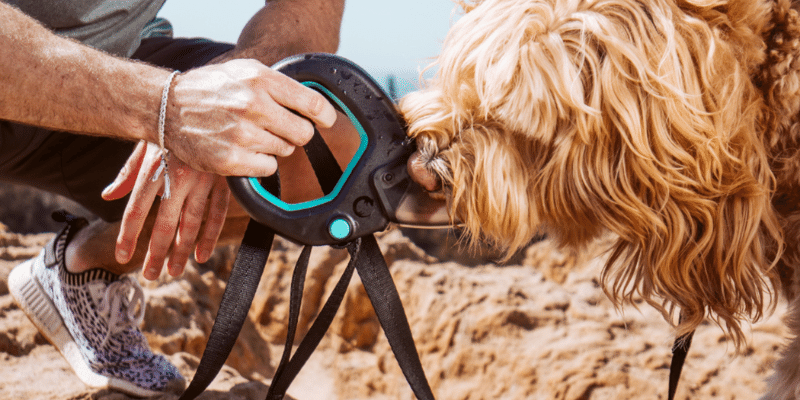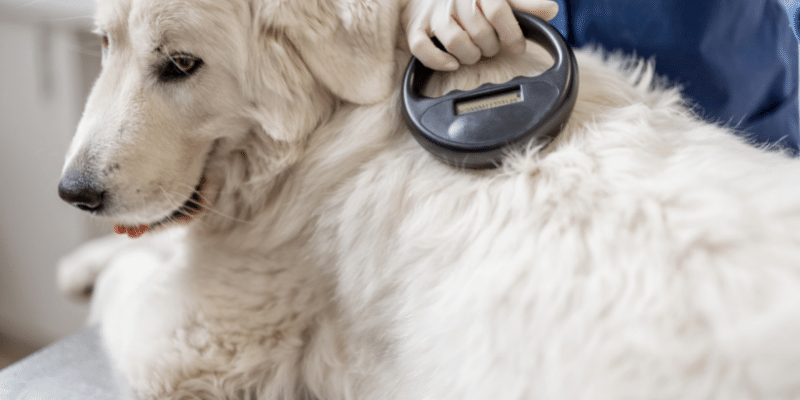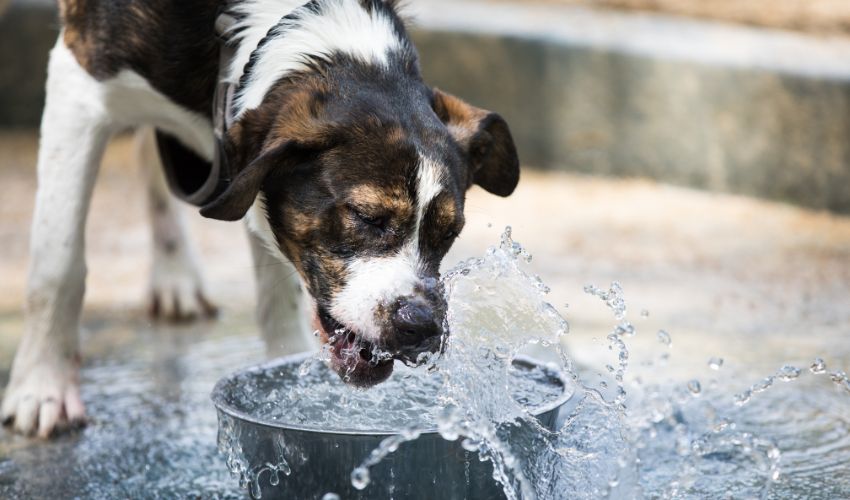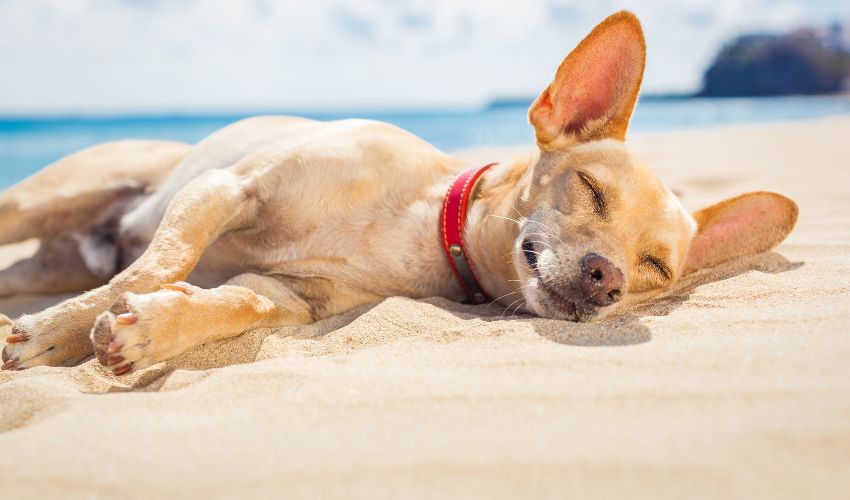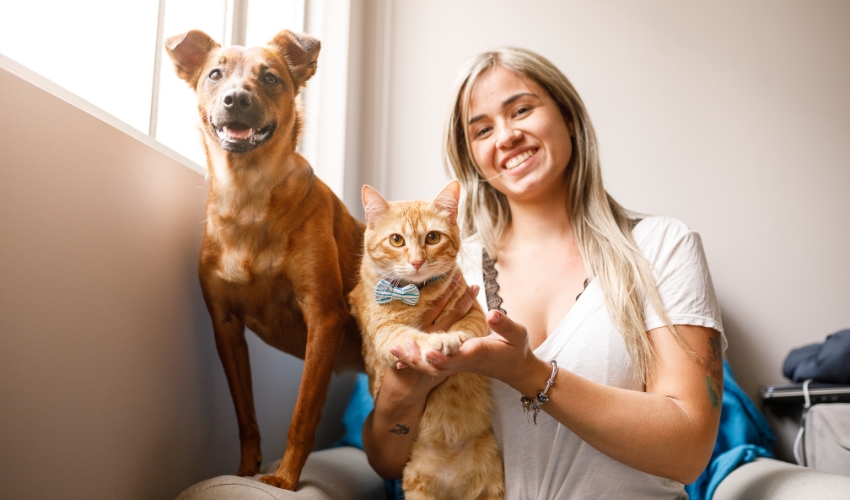Cats are known for their agility, grace, and independent nature, but when it comes to their health, maintaining an optimal weight is crucial. As responsible pet owners, it is our duty to ensure that our feline companions enjoy a life of well-being and vitality. In this comprehensive guide, we will delve into the importance of maintaining a healthy weight in cats and provide valuable tips for effective weight management.
The Significance of Maintaining a Healthy Weight in Cats:
Preventing Obesity-Related Health Issues:
The repercussions of feline obesity extend far beyond aesthetic concerns, delving into a realm of serious health risks. Overweight cats are predisposed to a spectrum of health issues, making obesity a significant concern for cat owners. Among the most notable risks associated with excess weight is diabetes. Obese cats are more prone to developing diabetes mellitus, a metabolic disorder that can have severe consequences on their overall health. The condition arises due to the body’s inability to regulate blood sugar levels effectively, leading to increased thirst, excessive urination, and weight loss. Managing a cat’s weight becomes paramount in mitigating the risk of diabetes and its associated complications.
Furthermore, obesity in cats amplifies the likelihood of developing arthritis, a painful inflammation of the joints. The additional stress placed on joints due to excess weight accelerates wear and tear, contributing to the onset and progression of arthritis. This painful condition hampers a cat’s mobility, affecting their ability to jump, climb, and engage in typical feline activities. Respiratory problems are another consequence of obesity, as excess fat can impede the respiratory system’s efficiency, leading to difficulties in breathing. Addressing obesity early on is crucial in preventing these conditions and safeguarding the overall health of our feline companions.
Enhancing Longevity and Quality of Life:
Maintaining a healthy weight in cats is a fundamental pillar in ensuring their longevity and overall quality of life. Studies consistently show a strong correlation between weight management and a cat’s life expectancy. Cats at a healthy weight are more likely to live longer, with increased vitality and a higher quality of life. Obesity, on the other hand, is associated with a shorter lifespan and a diminished ability to enjoy daily activities.
In addition to longevity, a healthy weight directly contributes to a cat’s overall well-being. Lean and fit cats are more energetic, agile, and mentally stimulated. They exhibit a greater zest for life, showcasing their natural behaviors, such as hunting, playing, and exploring. An active and fulfilling lifestyle is not only beneficial for the cat but also enhances the bond between the feline companion and their owner. By prioritizing weight management, cat owners invest in the long-term health and happiness of their cherished pets.
Reducing the Risk of Diabetes:
The link between feline obesity and diabetes is a concerning reality for cat owners and underscores the importance of proactive weight management strategies. Diabetes mellitus, characterized by the body’s inability to regulate blood sugar levels, is a serious and potentially life-threatening condition. Overweight cats are particularly susceptible due to factors such as insulin resistance and pancreatic strain.
Managing a cat’s weight plays a pivotal role in reducing the risk of diabetes. A balanced diet, portion control, and regular exercise contribute to weight control and help maintain a healthy metabolic state. By preventing obesity, cat owners can significantly decrease the likelihood of diabetes development and its associated complications, such as kidney disease and nerve damage. Regular veterinary check-ups are crucial for monitoring blood glucose levels and identifying early signs of diabetes, allowing for timely intervention and management.
Preserving Joint Health:
Excess weight in cats places a considerable burden on their joints, leading to an increased risk of arthritis and other musculoskeletal issues. Maintaining a healthy weight is pivotal for preserving joint health and ensuring that cats can move comfortably and pain-free throughout their lives. Arthritis is a common consequence of obesity, as the additional stress on joints accelerates the degenerative process.
Preserving joint health is not just about preventing arthritis; it’s also about fostering an environment where cats can engage in natural behaviors without discomfort. An agile and active cat is more likely to enjoy activities like climbing, jumping, and play, contributing to both their physical and mental well-being. Prioritizing weight management is an investment in a cat’s long-term mobility and overall quality of life.
Tips for Effective Weight Management in Cats:
Balanced Nutrition:
Providing a well-balanced and nutritionally complete diet is foundational for effective weight management in cats. Opt for a high-quality cat food that meets the specific needs of your cat based on factors such as age, size, and activity level. A balanced diet ensures that cats receive the essential nutrients without excess calories. It is crucial to avoid overfeeding and be mindful of portion sizes, as excess calorie intake is a primary contributor to weight gain.
Consulting with a veterinarian is essential for developing a personalized feeding plan tailored to your cat’s individual requirements. They can recommend appropriate portion sizes, feeding schedules, and dietary adjustments based on factors such as the cat’s age, breed, and health status.
Regular Exercise:
Physical activity is a cornerstone of weight management and overall health for cats. Regular exercise not only helps burn calories but also stimulates mental and physical well-being. Engage your cat in interactive play sessions using toys that encourage movement. Toys that mimic prey behavior, such as feather wands or laser pointers, can capture a cat’s interest and prompt them to engage in active play.
Consider dedicating time each day to play and interact with your cat. This not only supports weight management but also strengthens the bond between the cat and their owner. Creating a stimulating environment with climbing structures, scratching posts, and interactive toys can further encourage physical activity.
Monitor Portion Sizes:
Careful monitoring of food portions is essential for effective weight management. Overfeeding, even with high-quality cat food, can lead to excessive calorie intake and weight gain. Cat food packaging typically provides feeding guidelines based on a cat’s weight and age. However, individual cats may have unique needs, and adjustments may be necessary.
Regularly assess your cat’s body condition and adjust portion sizes accordingly. If you notice weight fluctuations or significant changes in your cat’s body shape, consult with your veterinarian for guidance. They can help determine the ideal weight for your cat and provide recommendations for portion control.
Weight Monitoring and Veterinary Check-ups:
Regularly monitoring your cat’s weight and body condition is crucial for detecting changes early on. Cat owners should be attentive to signs of weight gain or loss, as these can be indicative of underlying health issues. Use a consistent method for weighing your cat, such as using a pet scale, and record the results over time.
In addition to at-home weight monitoring, regular veterinary check-ups are essential for comprehensive health assessments. Veterinarians can evaluate your cat’s overall health, assess their body condition score, and identify any potential weight-related issues. These check-ups provide an opportunity for early intervention and the development of a tailored weight management plan.
Choose Low-Calorie Treats:
Treats can be a delightful way to bond with your cat, but it’s crucial to be mindful of their caloric content. Opt for low-calorie treats or consider using small portions of your cat’s regular food as treats. Avoiding high-calorie treats, especially those with excessive fat and sugar content, helps prevent unintentional weight gain.
Homemade treats can be an excellent option, allowing you to control the ingredients and ensure a healthy balance. However, even with low-calorie treats, moderation is key. Treats should complement the cat’s overall diet and not constitute a significant portion of their daily caloric intake.
Hydration is Key:
Adequate hydration is essential for overall health and can contribute to weight management. Ensure that your cat has access to fresh, clean water at all times. Proper hydration supports various physiological functions, including digestion and metabolism. Wet cat food, which has a higher water content than dry kibble, can contribute to increased water intake.
In addition to providing fresh water, consider incorporating wet cat food into your cat’s diet. This not only helps with hydration but can also contribute to a feeling of fullness, potentially reducing overall food intake. If your cat prefers dry food, adding water to kibble can be a simple way to increase moisture content.
Seek Professional Guidance:
Consulting with a veterinarian is paramount for obtaining professional guidance on your cat’s weight management. Veterinarians play a crucial role in assessing a cat’s overall health, determining their ideal weight, and developing a customized weight management plan. A veterinarian can consider factors such as the cat’s age, breed, activity level, and any existing health conditions.
During veterinary check-ups, discuss your cat’s diet, exercise routine, and any concerns related to their weight. Veterinarians may recommend specific dietary changes, portion control strategies, or modifications to the cat’s daily routine. They can also provide guidance on addressing any underlying health issues that may be contributing to weight problems.
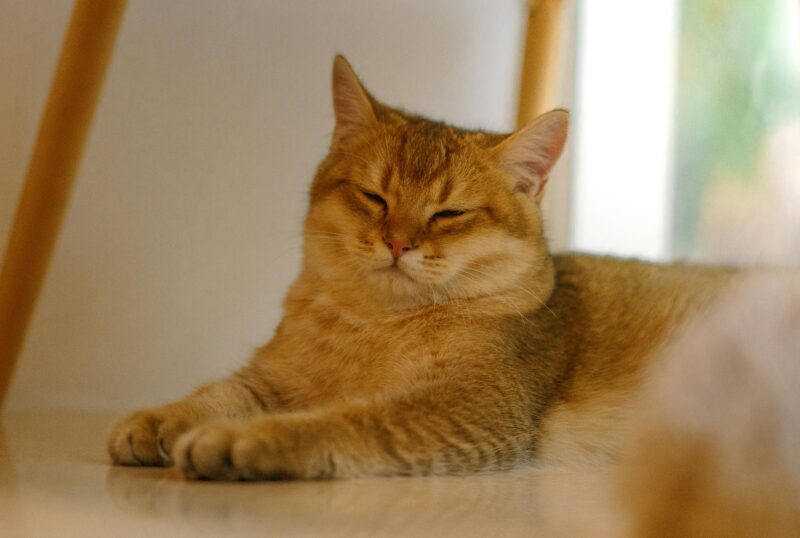

In cases where a cat requires a significant weight loss or has obesity-related health issues, veterinarians may recommend a structured weight loss program. This program may involve a combination of dietary changes, portion control, and increased physical activity. Regular follow-up appointments with the veterinarian allow for ongoing monitoring and adjustments to the weight management plan as needed.
Maintaining a healthy weight in cats is a multifaceted endeavor that encompasses various aspects of their daily care. The significance of weight management goes beyond aesthetic considerations, directly impacting a cat’s overall health, longevity, and quality of life. By understanding the potential health risks associated with obesity and implementing effective weight management strategies, cat owners can contribute to their feline companions’ well-being in a meaningful way.
The prevention of obesity-related health issues, enhancement of longevity and quality of life, reduction of diabetes risk, and preservation of joint health underscore the importance of maintaining an optimal weight in cats. Tips for effective weight management, including balanced nutrition, regular exercise, portion control, weight monitoring, and veterinary check-ups, serve as practical guidelines for cat owners committed to their pets’ well-being.
Choosing low-calorie treats, prioritizing hydration, and seeking professional guidance from veterinarians further reinforce the holistic approach to weight management. Ultimately, the commitment to maintaining a healthy weight in cats is an investment in their long-term health, happiness, and the deep bond shared between feline companions and their owners. By fostering an environment that promotes a healthy weight, cat owners ensure that their beloved pets can thrive and enjoy a fulfilling life for years to come.

